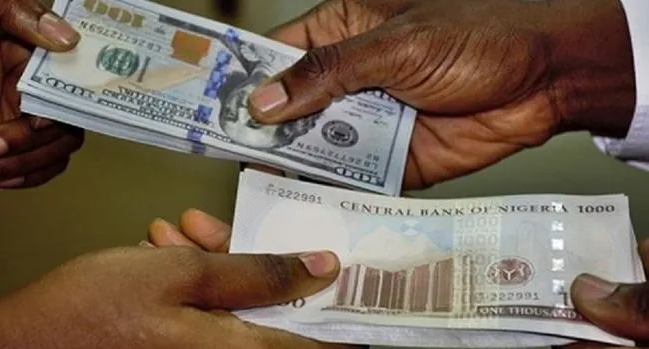Following the Central Bank of Nigeria’s (CBN) recent adjustment of the exchange rate on the Customs platform to N1,413.62/$1, concerns have been raised among stakeholders.
This move comes less than 48 hours after an increase to N1,356.883, which faced criticism from various quarters.
The series of adjustments initiated on June 24, 2023, saw the exchange rate climb from N422.30/$1 to N589/$1. Subsequent revisions led to rates reaching N951.941/$1 in December 2023, and the most recent figure of N1,356.883/$1 on February 2, 2024, before the latest adjustment.
Maritime experts anticipate adverse effects on Nigerian importers due to the higher exchange rate, which is expected to result in increased import duty costs. Import duty calculations are based on the dollar value, leading to a significant financial burden for importers.
The rapid tripling of import duty costs within seven months under the Bola Ahmed Tinubu government has sparked vehement opposition from importers and Customs brokers. Dr. Muda Yusuf, CEO of the Centre for the Promotion of Private Enterprise (CPPE), expressed concerns about the potential exacerbation of poverty and the negative impact on trade activities.
Amiwero, President of the National Council of Managing Directors of Licensed Customs Agents (NCMDLCA), emphasized the detrimental effects on employment and businesses, calling for urgent government intervention to avert a crisis.
Ikemefuna Chukwu, a leading clearing agent, highlighted the practical implications of the exchange rate hike on cargo clearance processes at seaports. He warned of cargo abandonment and urged the government to stabilize the foreign exchange market.
Stakeholders collectively urge the federal government to address the challenges posed by fluctuating exchange rates promptly to prevent further economic disruptions and safeguard the interests of importers and businesses.



